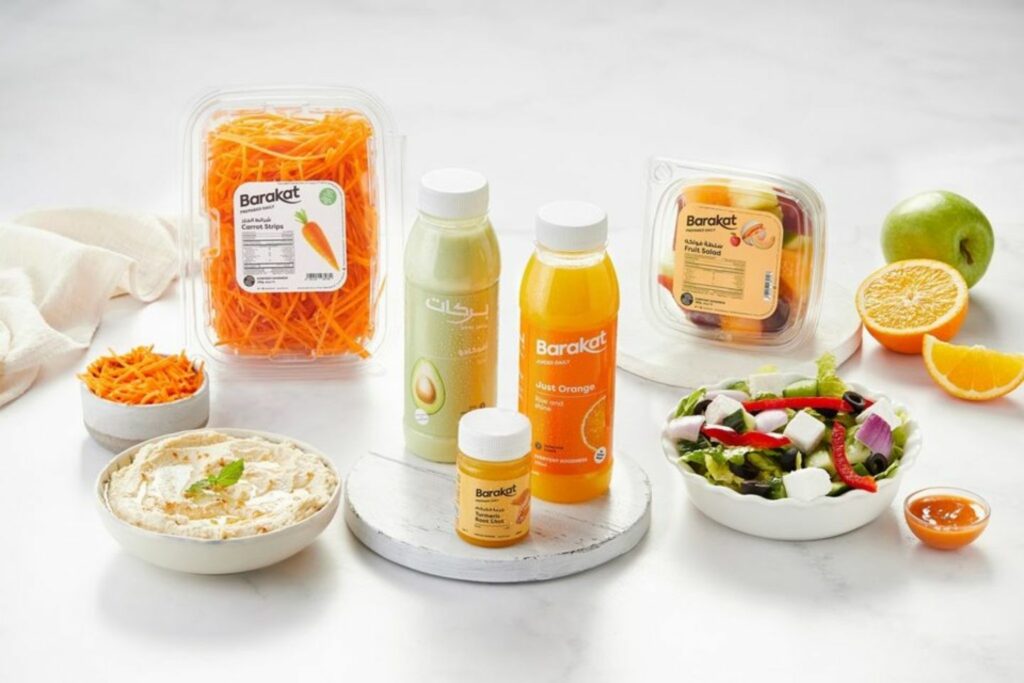The majority of us believe that foods with a high nutritional content and numerous health advantages are the healthiest ones. The truth is that no single meal can improve the health of a diet or mitigate the negative impacts of an unhealthy lifestyle. Rather, we should consider the total composition of our food and strive for maximum variety and nutrient density. Here are a few of our favorite cold-weather seasonal recipes.

- Choose between kiwi and butternut squash; both are winter superfoods. Winter squash, either variety, is widely available starting in early autumn and continuing into the winter months. Winter squash is high in beta-carotene, fiber, magnesium, and vitamins B6 and C.
Eating it may also lower your cholesterol and blood pressure. Squash is also really simple to prepare: chop, season, and bake in the oven for a tasty side dish. Alternatively, use the roasted vegetables as a foundation for a silky, velvety butternut squash soup flavored with cinnamon and nutmeg.
- Asian pears, in particular, are high in fiber and packed with important nutrients, including potassium, copper, and vitamins C and K. Pears’ high fiber content is essential for preserving gut health, blood pressure, and a healthy heart.
Furthermore, fiber facilitates the assimilation of vitamins and minerals from our diet. Because of its antioxidant qualities, vitamin C lowers the risk of cancer and aids in the removal of free radicals. It also makes it easier for the body to absorb iron.
- Ginger has been used for millennia to strengthen your immune system, ease upset tummies, and promote digestion. Although it’s frequently accessible all year round, roots gathered in the winter are usually the freshest.
A little goes a long way when it comes to ginger’s flavor, but it also tastes fantastic in Asian-inspired foods like stir-fries and when steeped in hot water to make fresh ginger tea.
- Including this cruciferous vegetable while online grocery shopping Dubai is a smart place to start if you are genuinely attempting to enhance your nutrition. Raw cabbage that has been shredded provides 190% of the daily required quantity of vitamin C in one cup.
When it comes to cost per edible cup, cooked cabbage is one of the affordable fresh vegetables online. For its comparatively inexpensive cost, this cruciferous vegetable provides excellent nutritional value. Make coleslaw and stuffed cabbage rolls, or add it to soups!
- Beta-carotene (pro-vitamin A), fiber, and several other heart-healthy plant components are found in carrots and may support heart health by decreasing cholesterol, among other benefits.
Carrots are a very popular and versatile vegetable. We enjoy them in our roasted carrot, spelled, fennel, and blood orange salad, which is great for a light lunch or dinner or in this simple yet delicious carrot and ginger soup.
- Because citrus fruits are loaded with vitamin C, they’re perfect for eating during the winter when the cold and flu season arrives. Fruits like oranges and lemons are also rich in minerals and phytochemicals, which are substances derived from plants that may reduce the risk of cancer, the speaker continues.
The coldest and snowiest months of the year are when navel and blood oranges are at their ripeness. For a refreshing orange juice flavor, blend orange flesh into your smoothies, make a grapefruit salad, or garnish your afternoon tea with lemon wedges.
- A surprising resurgence of Brussels sprouts can be attributed to correct preparation techniques that are making the rounds on culinary websites. They have a remarkable nutritional profile in addition to being delicious when roasted.
These little veggies offer more than 100% of the daily required intake of vitamins C and K, are high in protein, and are an excellent source of fiber. They are also a good source of iron, manganese, folate, and vitamin B6. For such a tiny vegetable, that is quite an accomplishment!
- Winter is mushroom season, whether they are grown or wild, and mushrooms have several health benefits. Not only are mushrooms one of the few plant-based vitamin D, which is essential for strong bones and immunity, but they also seem to help lower the risk of cancer.
Letting your mushrooms sit on the windowsill during the day boosts the amount of vitamin D in them. Because they are so adaptable, mushrooms are great in spelled and mushroom risotto and this substantial soup.
Conclusion:
The truth is that no single meal can improve the health of a diet or mitigate the negative impacts of an unhealthy lifestyle. Rather, consider how well your food is balanced overall and try to make it as nutrient-dense and varied as you can.
Incorporating a diverse array of in-season fruits and vegetables from any of the best online grocery shopping Dubai into your diet can result in cost savings, optimal nutritional value, and an organic addition of variation.